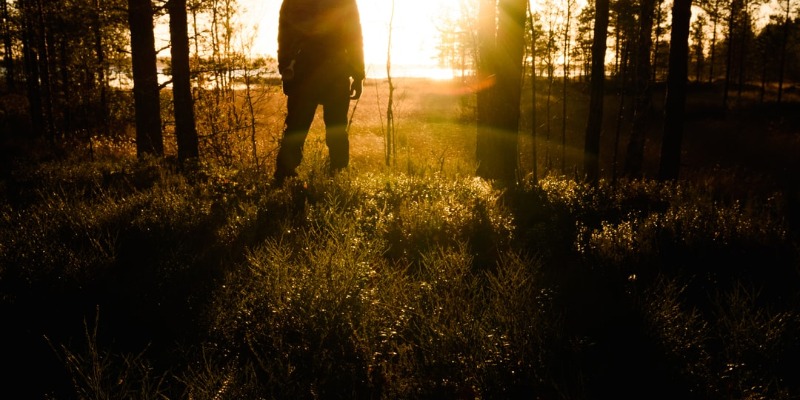It started out like any other ordinary day. It ended in a blaze of horror! No one saw it coming. And no one could possibly have prepared for the mass slaughter, or the wildfire, or the tornado, or the terrorists, or the abuse, or the violence, or the accident, or the aftermath of war. With every horror, lives are lost, families torn apart, and millions of survivors scarred with invisible wounds will struggle 24/7 with the fallout of the trauma.
In the face of disaster, how can WE best cope with trauma and loss? And how can we best HELP others in their loss?
No one is exempt from Posttraumatic Stress Disorder (PTSD), a condition that can affect anyone who has been exposed to a traumatic or life-threatening event. And every new disaster, whether personally experienced or not, can re-traumatize those who already have PTSD. Similarly, those who have deeply grieved the loss of a loved one find that further loss will exhume and compound the grief they thought was buried.
Equally distressing is “anticipatory grief,” which is when we begin grieving loss before it even happens. So many of us are braced for what may or may not be coming next!
People of faith can struggle just as much as others. There is no absolute 100% cure for posttraumatic stress, and grieving for loved ones is never finished. Personally, as one who is very familiar with grief, and also PTSD as I watch my veteran husband struggle 24/7 with the wounds of war, I know it is never easy. But the good news is that no one needs to do this alone, and there are things we can do to help.
.
How can WE best cope with trauma and loss?
- Stay aware of your body and emotions, and process the feelings in a healthy way.
- Be able to recognize increased symptoms of PTSD such as anxiety, avoidance, depression, fear, flashbacks, hyper-vigilance, numbing, nightmares, difficulty sleeping, relationship problems, outburst of rage and other emotions, withdrawal, employment problems, increased substance abuse, and suicidal thoughts.
- Talk with a wise counselor and/or someone who is supportive.
- Explore and utilize support resources, such as www.LoveOurVets.org.
- Have the courage to call for help if you need it. 1-800-273-8255
- Consider taking a break from the news, and maybe social media.
- Maintain self-care via the Survival Checklist (see Goodbye for Now).
How can we best HELP others in their loss?
- See that their immediate needs are met and that they are safe.
- Offer to be there with them, but give them space if they need it.
- Encourage them to connect with a support group and/or counselor.
- Help them find resource options (financial, emotional support, etc.).
- Discover what people with PTSD need (see “10 Things People with PTSD & Their Loved Ones Need From Church People and Ministry Leaders”).
- Show them the Survival Checklist and encourage them to maintain self-care (see Goodbye for Now).
- Pray with them and for them.
As long as we are in this world, there will be trauma and loss, and painful reminders of it. But when Jesus told His followers over 2,000 years ago that in this world we WILL have trouble, He also reminded us to take heart, because He HAS overcome the world! His substitutionary death for us on the cross, accented by His resurrection, is our only and SOLID hope. In the midst of unanswered questions, cruelty, and a messed up world, may we all find comfort in His promises.
And although people who have suffered trauma and loss may never again be the same, they can live happy and fulfilled lives in spite of it. I know. Because we do.








